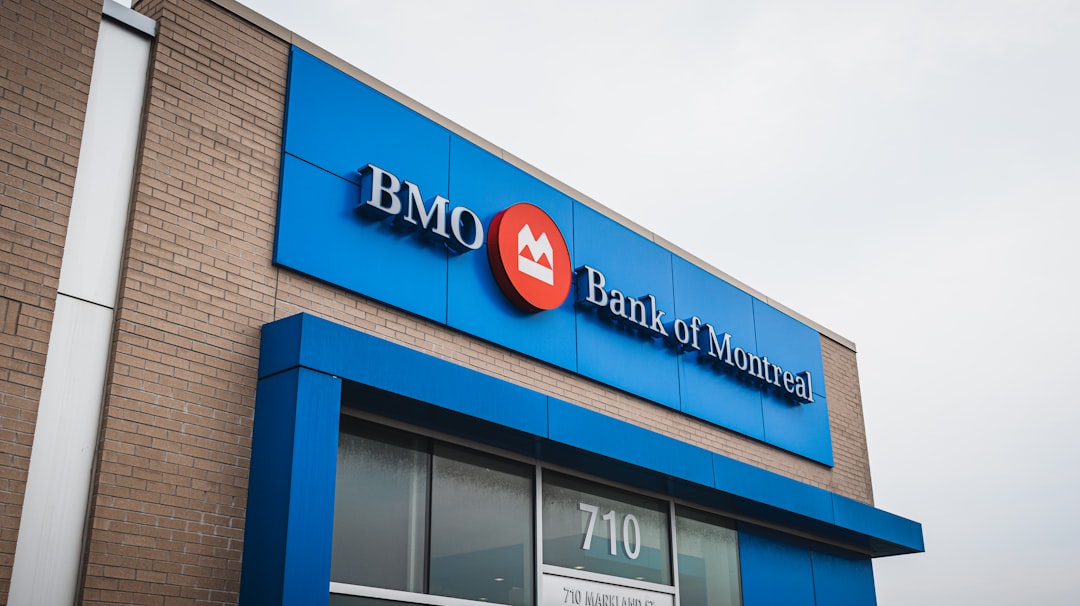The largest U.S.-listed exchange-traded fund (ETF) that’s focused on real estate investment trusts, or REITs, is the Vanguard Real Estate ETF (NYSEARCA:VNQ), with $38.2 billion in total net assets. Down 14% year-t0-date through Aug. 8, there are plenty of cheap REITs to buy among its 170 real estate stocks. But which ones should you focus your attention on?
If you believe we are in — or will soon be in — a recession, you’ll want to own REITs that lease their real estate assets to businesses that tend to do well in economic slowdowns. However, economists will point to the fact that the U.S. economy added 528,000 jobs in July, putting the unemployment rate at 3.5%. That’s on par with the 50-year low set in 2019.
For me, rather than trying to market-time your REIT buys, I would consider buying some of the better names that are trading below their historical averages. Here are three cheap REITs that are too good to ignore and make sense for the long haul.
| MPW | Medical Properties Trust | $16.07 |
| SPG | Simon Property Group | $107.41 |
| STOR | Store Capital | $28.15 |
Cheap REITs: Medical Properties Trust (MPW)
Medical Properties Trust (NYSE:MPW) is the second-largest owner of hospital beds in the U.S., with approximately 447 properties and 46,000 beds. Its real estate assets are worth $22.3 billion. Of those assets, 61% are in the U.S., followed by the UK at 18%, Switzerland at 6% and 15% from the rest of the world.
Since the REIT went public in July 2005, it delivered a total shareholder return of 661% through Dec. 31, 2021. That’s a compound annual growth rate of 12.5%, approximately 3.5 percentage points higher than the S&P 500 over the same period.
On Aug. 3, MPW reported its second-quarter 2022 results. They included a 4.8% increase in revenue to $400.2 million and a 5.9% increase in adjusted funds from operations to $212.3 million. The REIT finished the second quarter with $10.14 billion in debt at a weighted average rate of 3.3%. Approximately 89% of its debt is fixed, with more than 60% expiring in 2026 or beyond.
Down 31% year-to-date (YTD), the REIT has an earnings yield of 12.4%, considerably higher than its five-year average of 7.2%.
Simon Property Group (SPG)
It hasn’t been an easy go for Simon Property Group (NYSE:SPG), America’s second-largest REIT. In July 2016, Simon’s share price got as high as $225. Down more than 50% since, it’s struggled to regain its former footing.
Simon reported its Q2 2022 results on Aug. 1. Its comparable funds from operations (FFO) was $1.11 billion during the quarter, 1.2% higher than a year earlier. The REIT’s occupancy in the second quarter improved 210 basis points to 93.9%. Its occupancy rate in Q2 2019 was 94.4%, so the business is almost back to pre-pandemic levels by this metric.
As a result of the higher occupancy rate, Simon’s net operating income in the first six months of 2022 was $2.96 billion, 3.4% higher than a year earlier and 3.5% greater than the first six months of 2022.
The REIT’s return to health is highlighted by its increased free cash flow, or FCF. It was $1.2 billion in the first quarter, 20% higher than a year earlier. For the first six months of 2022, it was $2.2 billion, considerably higher than $1.5 billion in the first six months of 2019.
Simon’s earnings yield is currently 5.9%. It hasn’t been this high at any time over the past decade. Its dividend yield is a high 6.6%.
Cheap REITs: Store Capital (STOR)
As far as I know, Store Capital (NYSE:STOR) is the only REIT held by Berkshire Hathaway (NYSE:BRK-A, NYSE:BRK-B). Warren Buffett’s holding company owns 5.3% of the single-tenant real estate owner and operator.
Buffett originally invested $377 million in STOR stock in 2017 at $20.25 per share. Berkshire now holds 14.8 million shares and is the fourth-largest shareholder.
In the second quarter of 2022, Store Capital grew its real estate portfolio to 3,012 properties with a value of $11.4 billion, up from 2,738 and a value of $10 billion. As a result, its revenues increased by 16.5% year-over-year to $223.8 million from $192 million a year earlier. Its adjusted funds from operations (AFFO) in the quarter were $163.8 million, 20.8% higher than Q2 2021.
The quality of its single-tenant portfolio is top-notch. At the end of June, the REIT’s occupancy rate was 99.5% with an average lease remaining of 13.2 years. Other highlights from the second quarter include acquiring $392 million in real estate with average cap rates of 7.2% and lease-escalation increases of 2%, 20 basis points higher than the first quarter.
As a result of its strong second quarter, it raised its guidance for AFFO per share by five cents from $2.20 at the bottom of its range to $2.25. At the top end, it raised AFFO per share by four cents to $2.27.
By virtually every financial metric, STOR is as cheap or cheaper than it’s been in the past decade. Yielding 5.5%, it’s an excellent REIT to hold for the long run.
On the date of publication, Will Ashworth did not have (either directly or indirectly) any positions in the securities mentioned in this article. The opinions expressed in this article are those of the writer, subject to the InvestorPlace.com Publishing Guidelines.
